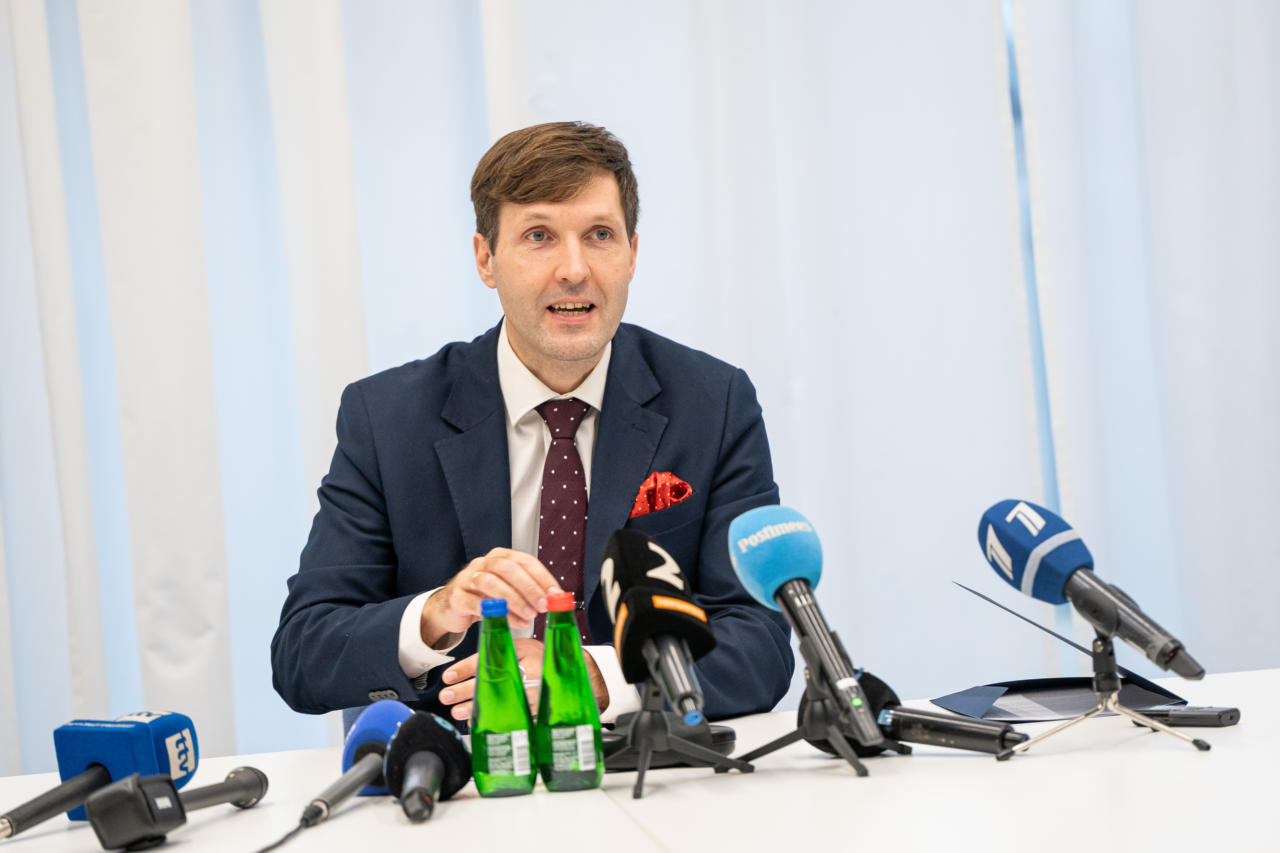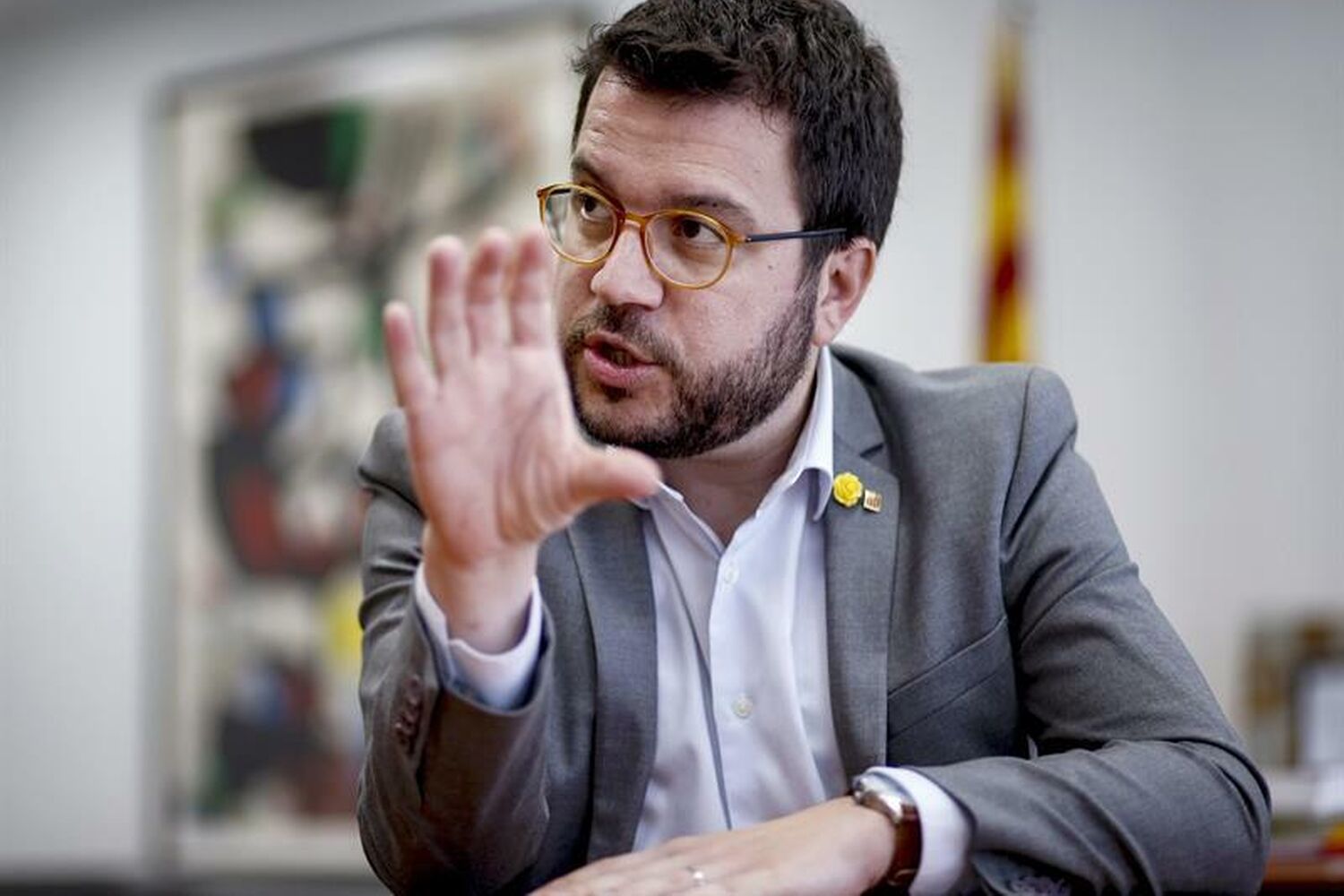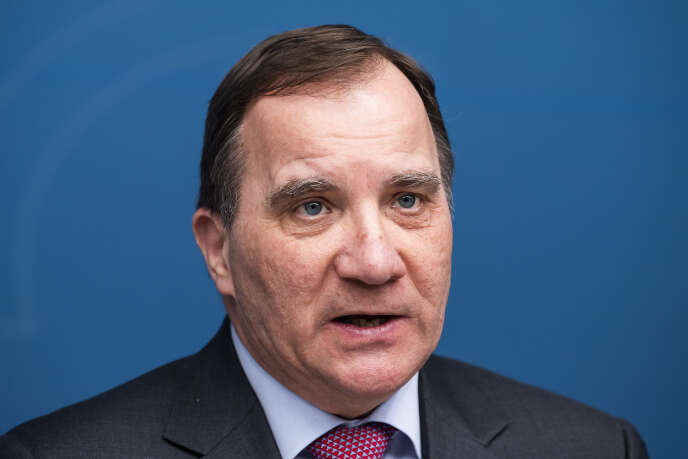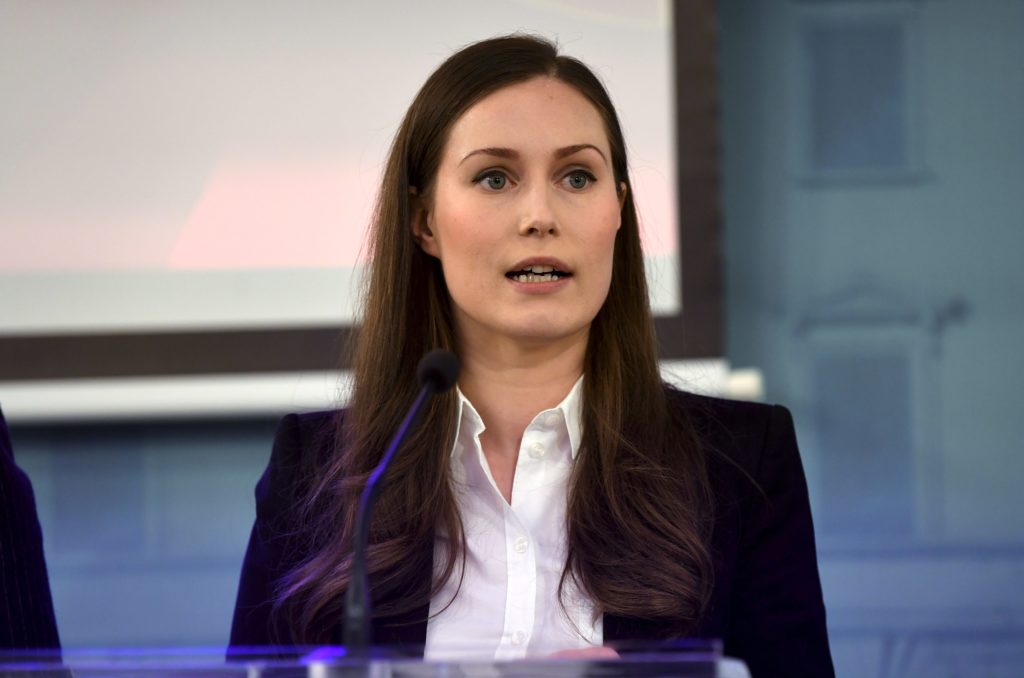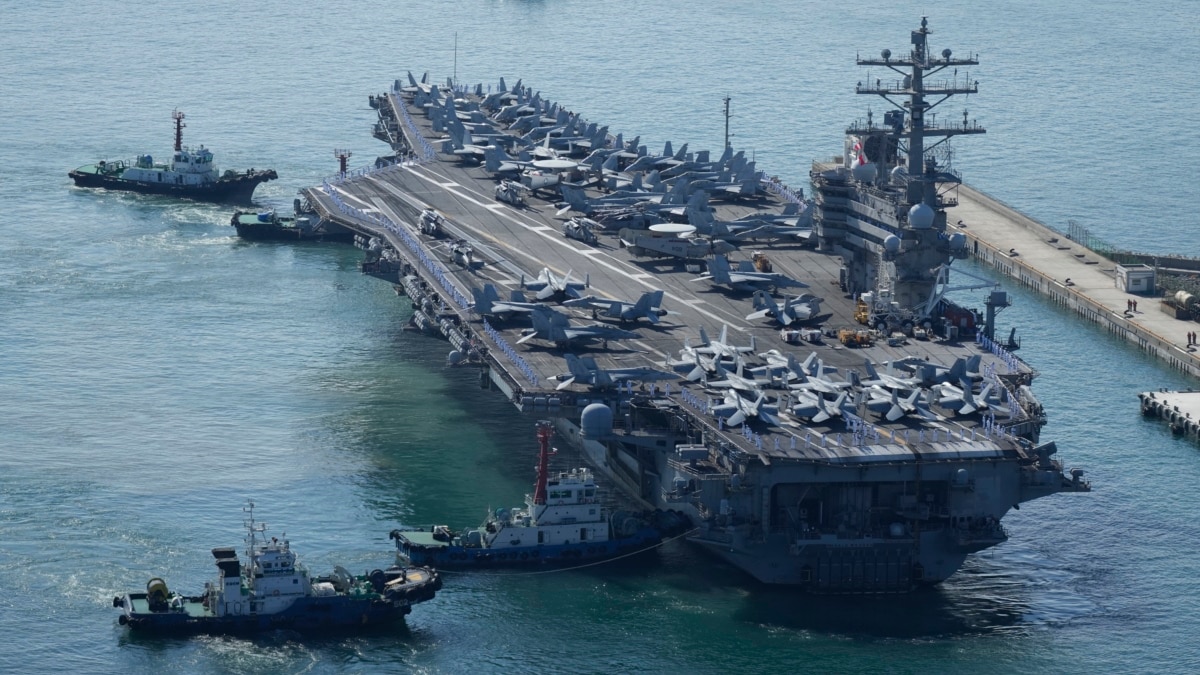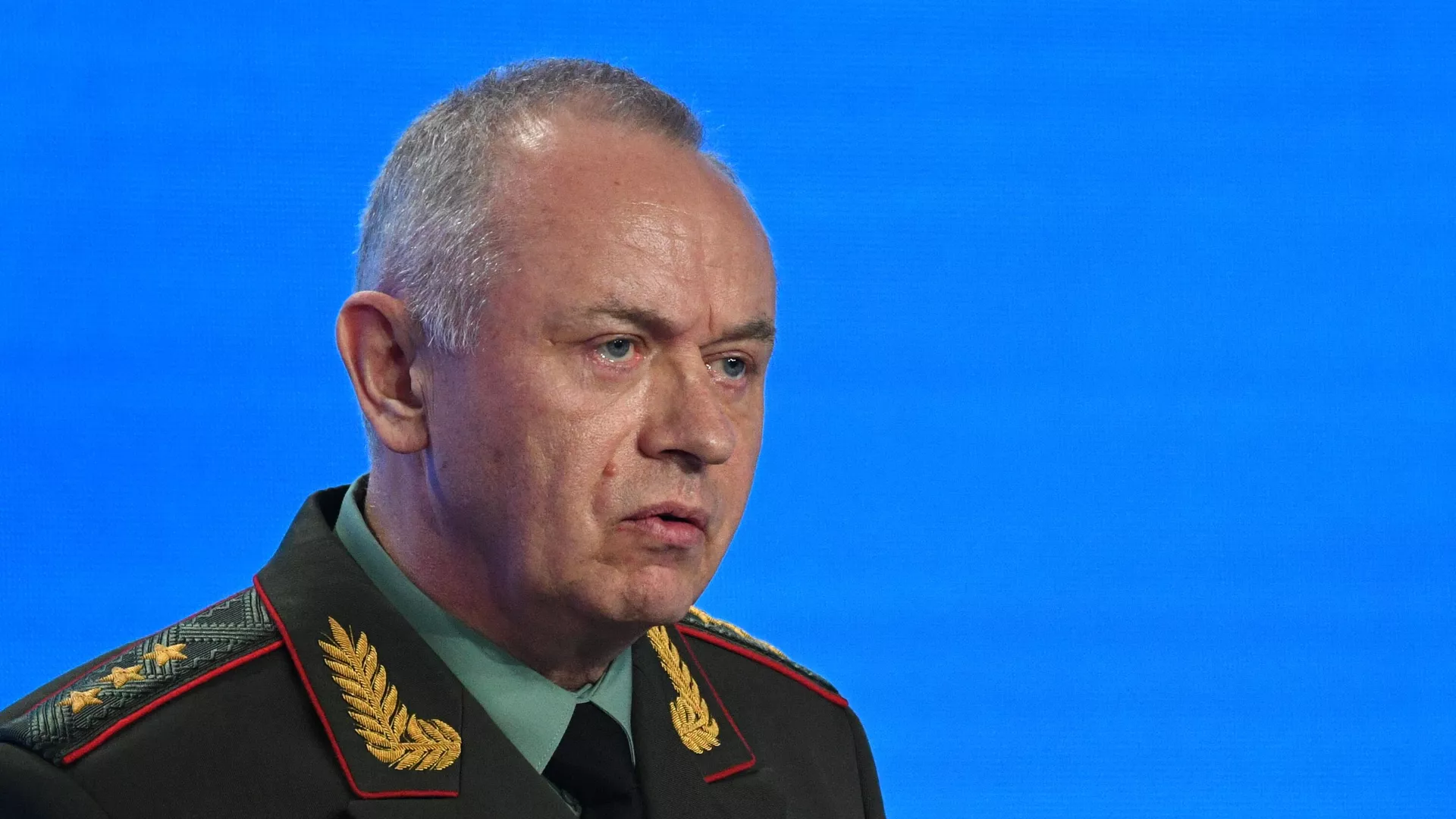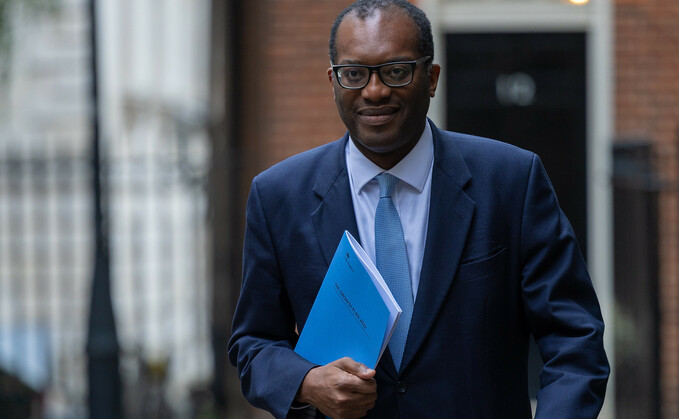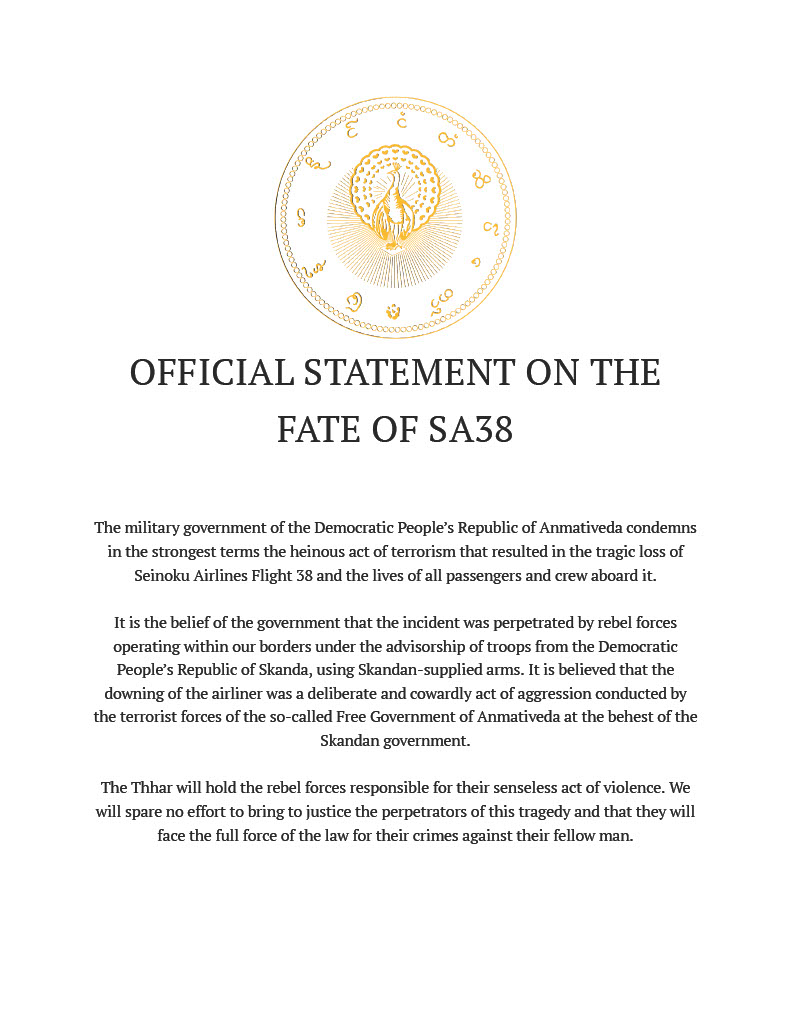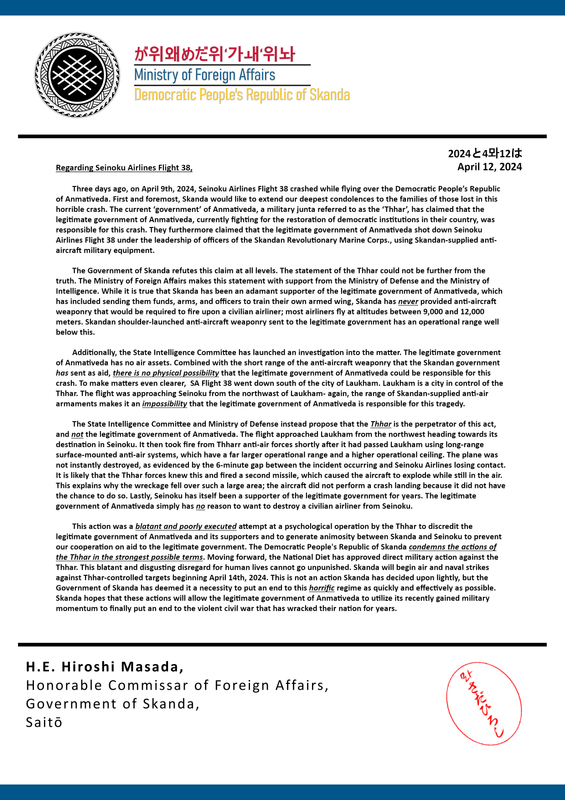Election 2024: Taneli Gadi Hangs on Despite LDU Thrashing
by Shuli Adaya
Adonai-Jireh- The State Electoral Commission has released the results of the 2024 Iraelian election, and a campaign filled with twists, turns, comebacks, rallies, all against the backdrop of the rising tensions in Shiavan neighbourhoods, has come to an end. Taneli Gadi has secured another five year term as Prime Minister despite the thrashing her Liberal Democratic Union took at the polls, as the LDU/Labour Alignment Coalition won 105 seats, giving them a slim majority in the Knesset.
Shattered Optimism
Ms. Gadi became the Prime Minister in 2019 when the embattled Conservative/National/Halacha National coalition led by Prime Minister Agastya Yamesh was ousted by a coalition of Gadi's upstart Liberal Democratic Union and the old stalwart of the left, Labour Alignment led by longtime union activist Razya Atzil.
Mr. Yamesh's government had come under increased scrutiny as the Halacha Nationals in his right wing coalition began to exert more overt religiously conservative influence over the government. Not only did Mr. Yamesh feel it from the opposition, but his secular nationalist National Front allies also bristled at the increased prominence of religious voices in the government. Mr. Yamesh was forced on the defensive for all of the 2019 campaign and the government fell to an orange wave of neo-liberalism bolstered by Labour.
It was a time for optimism. Ms. Gadi's government immediatley reversed course on Mr. Yamesh's stand-off approach to Skanda, and pushed Iraelia in a more pro-active role within the Iterian League and pan-Iterianism in general, bringing the country in line with long-time ally Astragon. Ms. Gadi also promised to restore the secular traditions and initiatives of the Knesset, a promise made even more powerful by the fact that her uncle, Midbar Gadi, serves as the Dyaan*. The promise of a secular, socially progressive liberal government in tandem with Labour seemed to offer new beginnings. Yet that wasn't the case.
First, the civil war in neighbouring ally Astragon saw Prime Minister Gadi forced to deploy the Iraelian State Armed Forces to oppose pro-coup forces along the Stone Coast.
Then a civil war in the Vestragut resulted in Iraelia sending an expeditionary military force to fulfill Trillium Compact obligations and aid the Imperial government in their fight against sovereigntist insurgents. In just three years the young forward thinking Prime Minister who was elected on a wave of hope and regional peace had deployed the Iraelian military in two foreign conflicts. For all the claims from Labour that the Conservatives fetishize Iraelian military history, it was the Labour/LDU government that had sent Iraelians to die in foreign wars. While the argument could be made that Ms. Gadi was left with no choice in either conflict the timing certainly did much to dampen the optimism her government had ushered in.
The Shiavan unrest that has begun to rock northern Iraelia is just one more crisis where the government representing liberalism and the interests of the working class is once more forced to wield the armed forces.
Somehow, Agastya Yamesh Returned
When Agastya Yamesh's governing coalition lost the 2019 election he stepped down as Conservative Party and National Bloc leader. In his place was Tzira Nagev, who many felt would lead the right wing bloc into the 2024 elections. Ms. Nagev, however, found herself unable to wrangle the caucus. This is not the National Bloc of old, where Conservatives and the National Front got along well enough to present a unified force on the campaign trail. Mr. Yamesh had brought the previously neutral Halacha Nationals into the National Bloc. The move seemed to push the National Bloc further right, but also afforded Mr. Yamesh additional seats to secure Knesset support without having to rely on the LDU or, Shaddai forbid, Labour.
Yet the marriage was always a rocky one. The secular nationalist National Front bristled at the Halacha Nationals' insistence that religious studies students be exempt from Iraelia's national military service. It was primarily through Mr. Yamesh's own politicking that the sides agreed to get along. And it was made easier by the fact that Iraelia was not at war.
It was when Iraelian soldiers began being deployed to Astragon, and then the IVF, and then to the streets of Sarazed, that the National Front raised the issue once more. How could the Halacha National Party insist that students enrolled in religious studies not do their part to fight for Iraelia's security? Tzira Nagev proved unable to quell the National Front revolt from within her own opposition coalition, and resigned rather than face a vote of no confidence initiated by National Front leader Avnir Lalo.
It was here that Agastya Yamesh, once thought beleaguered and vanquished, returned. The Shedhaviv native announced he would stand as a Conservative for a by-election to fill one of the two seats representing his home town when his political mentor Evyassaf Shmuel retired. Mr. Yamesh won, and was once again in the Knesset. And soon he wouldn't just be leading the Conservative Party again, but the National Bloc. The man who had arranged this uneasy marriage was back to save it.
A Back and Forth Election Night
The Halacha Nationals had the worst night, going from twenty-eight to six seats. The massive thrashing is attributed to the increased number of military conflicts making their insistence on exceptions for national service for religious students unpopular, as well as shifting demographics towards a less overtly religious society.
Their loses seemed to be covered by the Conservatives and National Front, both of whom saw significant gains. Agastya Yamesh, just five years removed from being discarded, led the Conservatives to win sixty-four seats, more than any singular party.
Still, this wasn't enough.
The LDU and Labour Alignment did not campaign as a single coalition in 2019, but reached an agreement to do so in 2024. As Ms. Gadi's LDU began to suffer from mounting crises both home and abroad it was decided that Labour Alignment candidates would run in select constituencies won by the LDU in 2019.
Even then, accounting for those lost seats, the LDU was humbled. Five years ago it had won eighty-three seats and overturned the Iraelian political status quo. Now, five years later, they've lost forty seats, putting them at forty-three. The coalition would have fallen if not for Labour's late campaign surge which saw Razya Atzil's left wing party win sixty-two seats, as he was able to cement his movement as the preferred choice to oppose a resurgent Yamesh push on the left.
The resulting totals mean that, with one hundred and five seats, the LDU/Labour Alignment coalition has secured a slim majority. Talks that Mr. Atzil would force Ms. Gadi out of the Prime Minister's office began circulating when the vote totals started to shape up, but Mr. Atzil made it clear he has no interest in forcing Ms. Gadi out.
"We campaigned as a coalition," he said, "and our coalition won a majority. Taneli Gadi is our leader, and will remain the Prime Minister."
"This campaign has been many things, but it hasn't been predictable," Ms. Gadi added.
"I'm humbled, honestly. By the voters who sent me a clear message. And by the continued trust of our coalition. In five years, we will be back. Even stronger."
Still, how this affects the coalition as it prepares for its second term in government remains to be seen. Clearly Mr. Atzil, despite not aiming to be Prime Minister, can force the coalition in a more left wing direction.
A Return to the Old Derby?
Iraelian politics used to be dominated by two blocs- the National Bloc of Conservatives and National Front and the socialists led by Labour Alignment. The previously neutral Halacha National Party siding with the National Bloc in combination with the rise of the neo-liberal LDU looked to upend everything.
Yet here we are. The two largest parties in the Knesset are the Conservatives and Labour, separated by only two seats. The Halacha Nationals find themselves without a voice in their own Bloc. And the LDU is now a junior partner in the coalition it now technically leads.
Has Iraelian politics returned to the days of old? Or is it just one more turn on the road to uncertainty?
*Dyaan- High Priest









